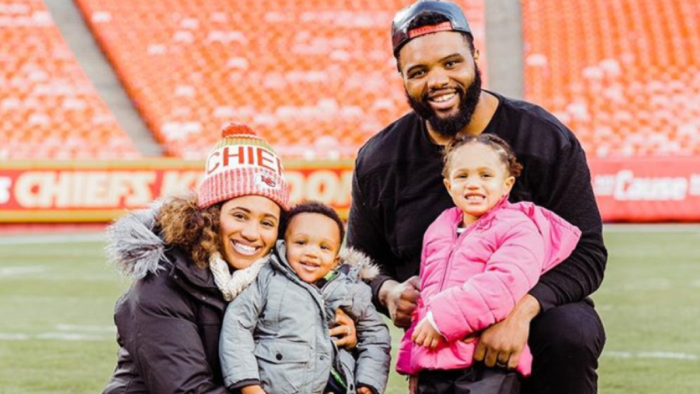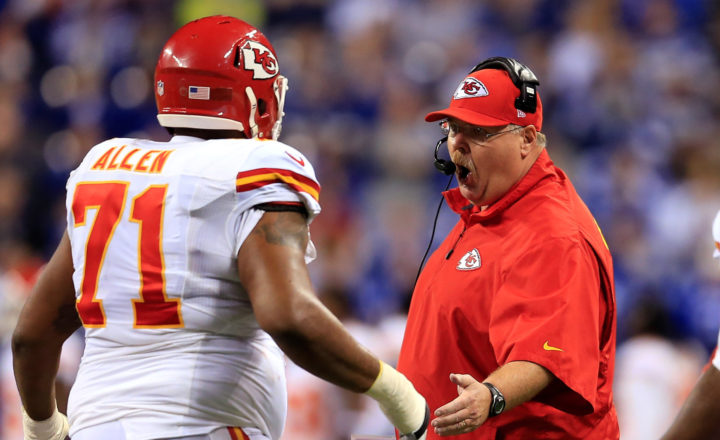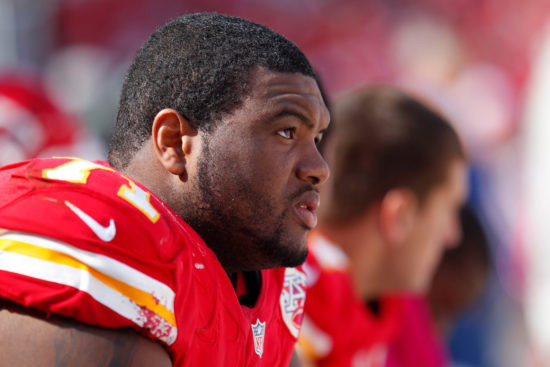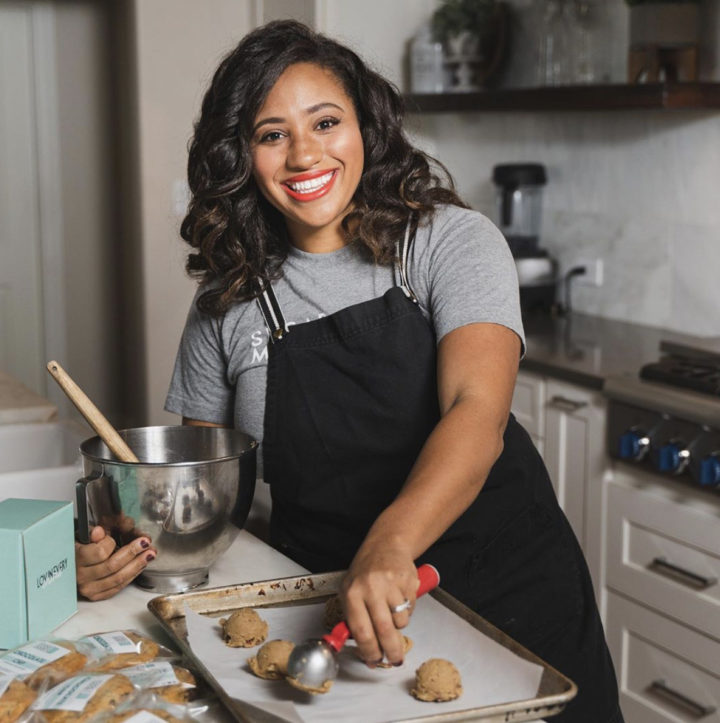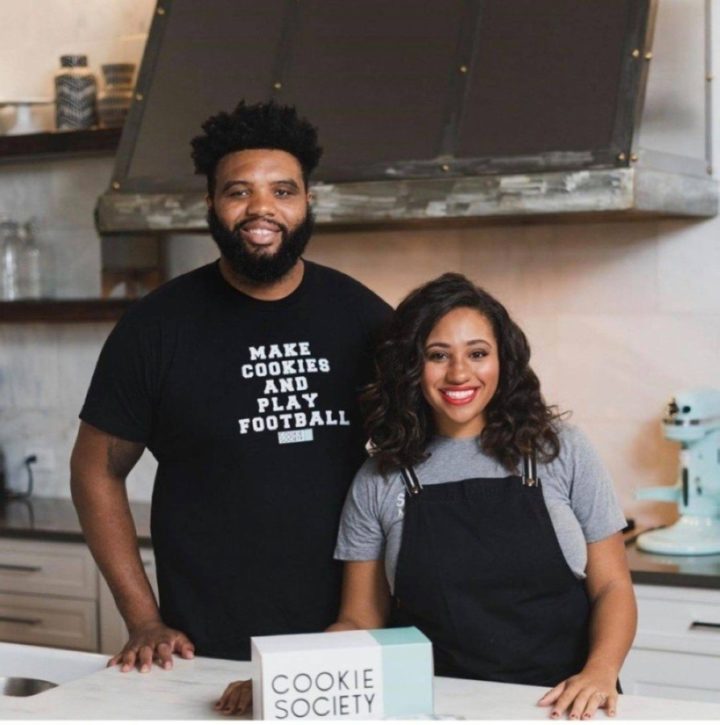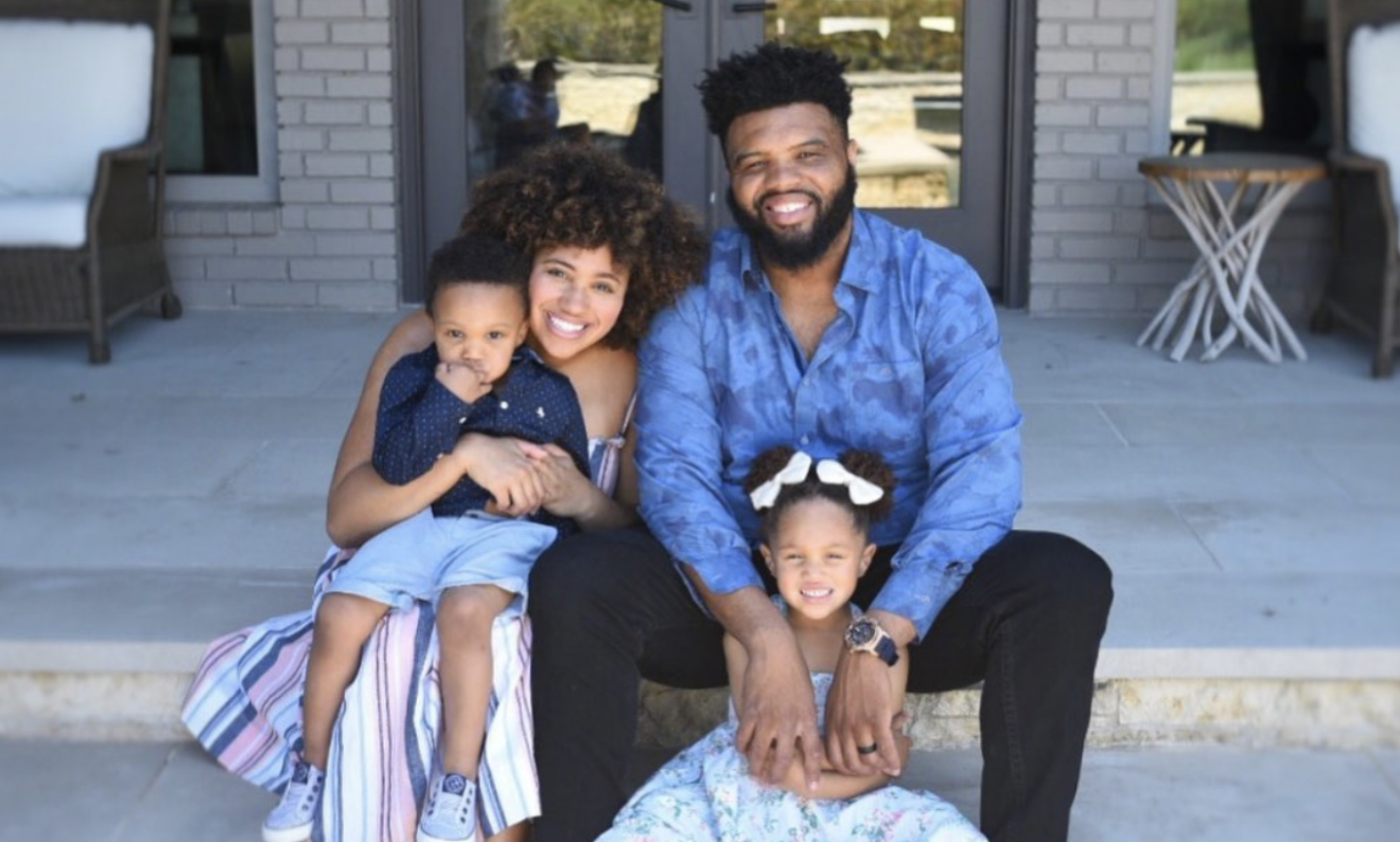Jeff: I was thinking about it for a long time. It's tough to walk away from something you've done your entire life – something you have such a passion for. I decided to prioritize my wife and my family. I had a tough time with the decision even though I knew I had something to pursue after. It was just hard for me to let go. Going back last year gave me that closure that I needed. And now I’ve transitioned into business with my wife. And it's been awesome. I'm just fortunate to be in this position.
A lot of players might think playing in the NFL is going to last forever. But I don't care how long you bet your career is going to last, you need to be thinking about what's next. From my rookie year on, I always thought about what's next. And, you can do both — you can be committed to football and be thinking of what’s next at the same time. You need to have an exit strategy when the time comes. Do your research, network, set up your life after football. It's going to be a very short ride no matter how long you play. So, make sure you get something out of your time in the league, because they got a lot out of you.
